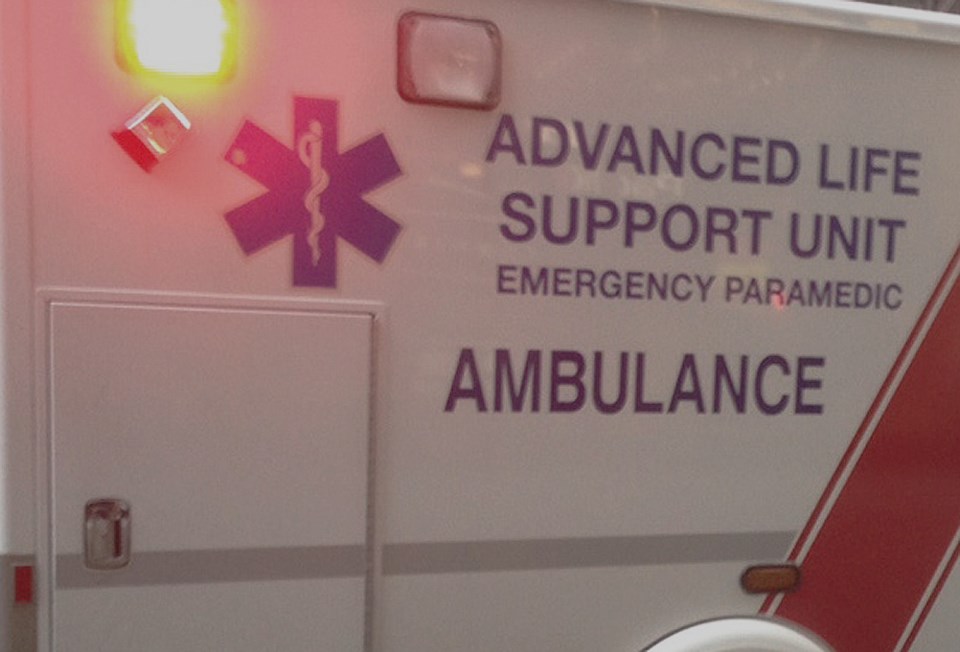Proposed further actions in Delta to deal with the ongoing opioid crises will be outlined in an upcoming update of the city’s Social Action Plan.
According to a report to council from Delta staff, the crisis has significantly worsened during the pandemic both nationally and provincially and those impacts are being felt at the local level in Delta.
In 2019, there were 121 overdose events attended by BC Ambulance in Delta and in 2020 that number increased to 167.
In the first six months of 2021, it had already reached 90.
Proposed actions on substance use locally are included in the next Social Action Plan to be presented to council by Dec. 6.
The report notes the plan, intended to guide the city’s social planning objectives and interventions, is undergoing internal reviews.
The next phase of the update process, planned to start in early 2022, includes engaging residents and seeking their feedback, as community input will be a critical part in developing concrete actions.
As far as the opioid crises, the city, this summer, launched its Share Your Story initiative, a collaboration which includes the Delta Police, Delta School District, Fraser Health Authority and Tsawwassen First Nation.
The campaign aims to reduce stigma around substance use and empower individuals to share their stories.
It builds on Delta’s End the Stigma campaign, which was launched in 2020, as a series of bus-stop posters to combat stigma and promote community supports and resources available locally.
The BC Coroners Service notes 1,204 people in this province have died as a result of toxic drugs in the first seven months of 2021.
It’s the highest number experienced in B.C. from January through July in any calendar year.
“The scale of the public health emergency requires an urgent, coordinated and multi-faceted health-system response,” said provincial Chief Coroner Lisa Lapointe.
The City of Delta has previously urged the federal government to declare the opioid overdose crises a national public health emergency.
In a letter last December to federal Minister of Health Patty Hajdu, Mayor George Harvie reiterated a call by the province and other municipalities to recognize the overdose crisis as a national public emergency, and work with the provinces to develop a comprehensive plan.
He noted that, compounded by the COVID-19 pandemic, communities across Canada are seeing a devastating increase in the number of opioid-related overdoses and deaths, and the City of Delta has not been immune to those deaths.
A Delta staff report to council noted the public health emergency declaration by the provincial government allowed for the collection of, as well as access to, more robust and up-to-date data on overdose activity across the province, including overdose and fatality data from Fraser Health and the B.C. Coroners Service.
The Delta Overdose Community Action Team (DCAT) was established in 2018 as a community-driven collaborative group, co-chaired by Deltassist and FHA.
“It is recommended that staff continue working with DCAT and other partners, such as Delta School District, to support developing a community-driven and evidence-based action plan to address the impacts of COVID-19 on the overdose situation in Delta as well as the needs of Delta's diverse community groups, including school students,” the report suggested.




.jpg;w=120;h=80;mode=crop)